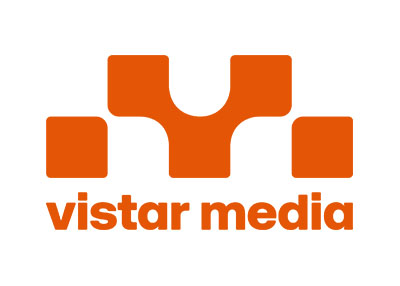West Africa: Anger at a lack of say in the country’s future prompts a subversive billboard campaign report.
Like many acts of subversion, it happened in the dead of night. Across Bamako, Mali’s capital, dozens of giant advertising billboard were plastered over with striking new posters.
 They feature a black map of the West African nation on a yellow background. A pair of weeping eyes started out from the top half of the map. Towards the bottom, where Bamako is, was a large red question mark.
They feature a black map of the West African nation on a yellow background. A pair of weeping eyes started out from the top half of the map. Towards the bottom, where Bamako is, was a large red question mark.
Startled motorists joined groups of pedestrians by the roadside starting at the artworks, which perfectly, summed up the situation in the country. Northern Mali had been taken over by rebels, some linked to al-Qaeda, causing hundreds of thousands of people to flee. And in the south, soldiers had overthrown the government, ending 20 years of civilian rule.
It was a case of a billboard being worth a thousand words. But who was behind it? By the end of May, when the 40 or so posters had been in place for six weeks, it remained a mystery. The only clue was a tag in the top left corner that said “CAV…” “It means Collectif action Verité” [Action and Truth Collective], said Ander Baba Diarra, a 38-year-old music and events producer, and one of the founders of the secretive group, which as giving its first media interview. “This campaign was our cry against what was going in Mali.”
In the days after the coup and the fall to rebels of northern Mali, numerous new associations were formed in Bamako, Mr. Diarra explained. Some were pro-coup, some anti. But other groups, such as CAV, were apolitical and formed by people angry that they had little or no voice in the future of the country, unlike the army and political elite. These movements’ members were mainly in their 20s, 30s or early 40s and drew heavily from the art and music industry. Mr. Diarra said CAV comprised 15 friends who were desperate to say something about the crisis.
“We wanted to do something different to make people think about what was happening”, he said. “Someone Said: ‘why don’t we draw a picture of Mali crying?’” The members chipped in about $9,000 for the printing. An advertising company that owned billboards agreed to allow CAV to use their space. The activists pasted the posters at night, fearing that the security forces would stop them.
The next morning the billboards, which had mostly been used by candidates in a presidential election that never took place because of the coup, were the talk of the city.
“When my sister drove past with her children, one asked ‘Mum, why is Mali crying? Please make her stop crying’,” Mr. Diarra said. “Other people said that when they saw it for the first time they got tears in their eyes.”
Despite the tensions, none of the posters was pulled down. Now CAV plans to replace them with ones that encourage people to take action to make their country better, such as by refusing to pay or take a bribe.
“The ordinary people of Mali have been silent for too long,” he said.
While there is no suggestion of the beginning of a grassroots revolution, and the CAV does not have any political ambitions, it is clear that Mali’s crisis has helped that Mali’s crisis has helped urban youth find its voice. While Mr. Diarra and his friends were doing things quietly, Les Sofas de la République, or Warriors of the Republic, was making noise. The group of activists, artists and rap musicians condemned the coup, and urged a return to constitutional rule. They held press conference issues fliers, and released two songs that criticized both the military and the political class.
“We don’t stand on any side, but with the population,” said Ousmane Diadié, a film maker and one of the founders.
He said that while the previous government was responsible for many of the problems in the country, ordinary citizens also bore some of the blame.
“We’ve all seen injustices before but we did nothing,” said Mr. Touré. “Then we woke up with a slap to find we’d had a coup.”
Source: Financial Times







